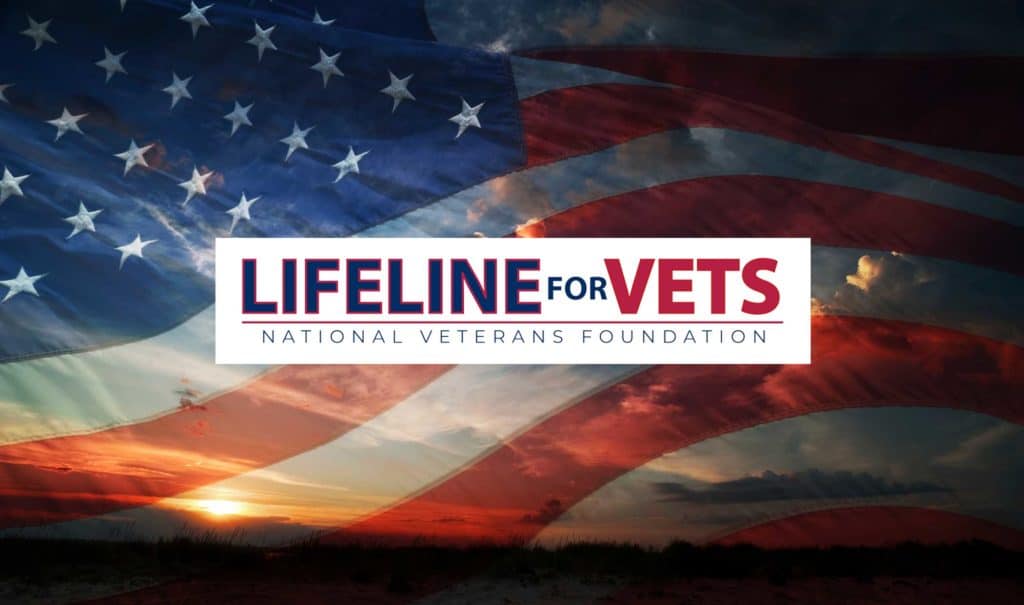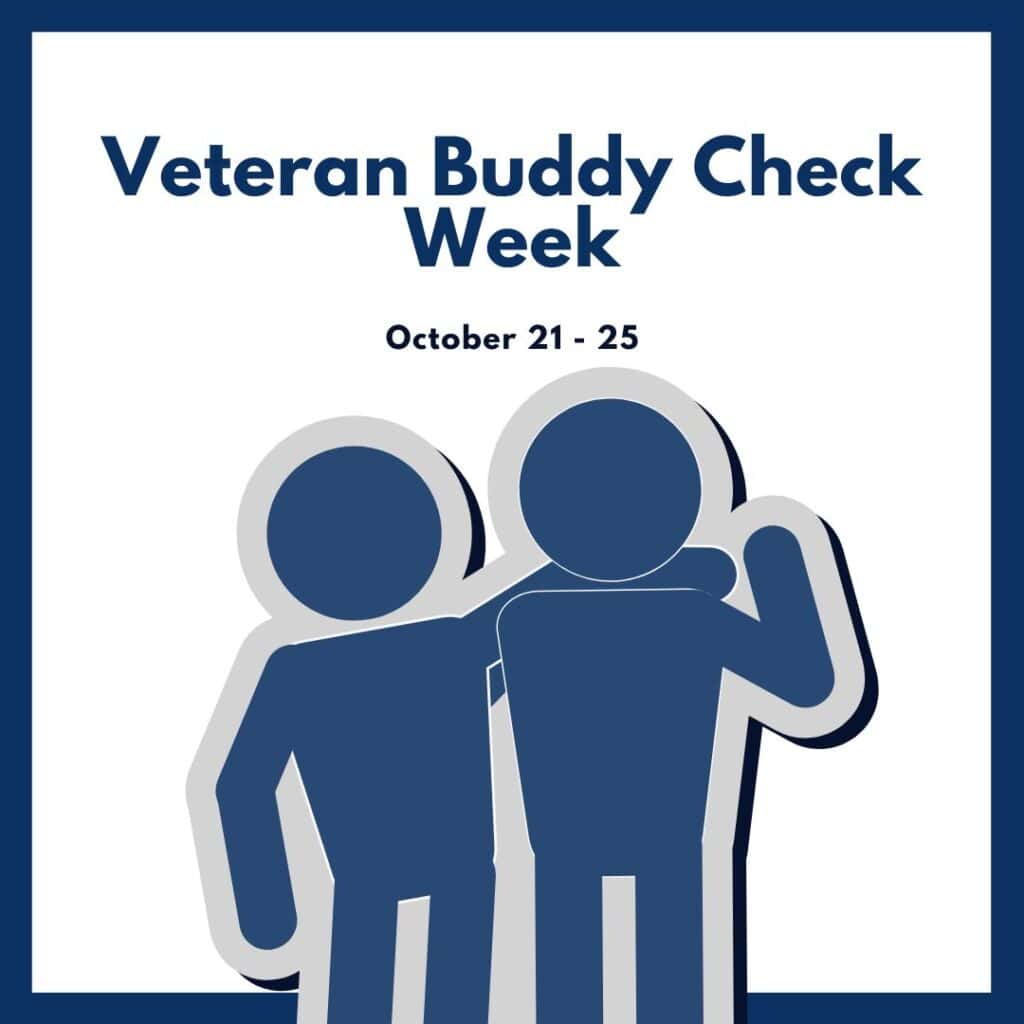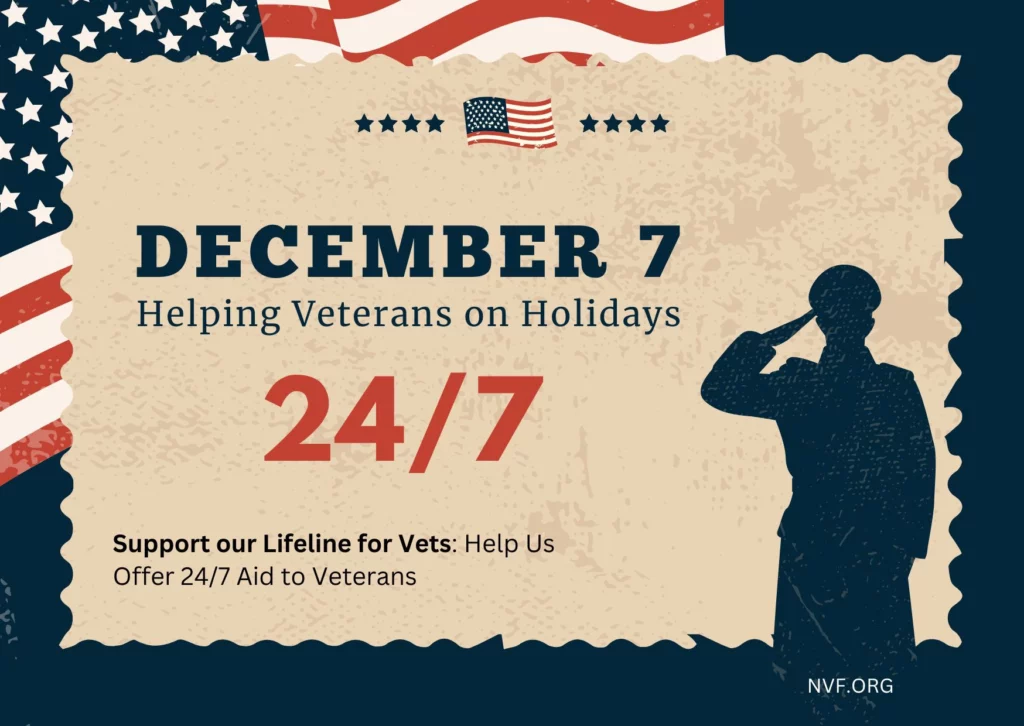Suicide Prevention: Practical Tips to Support Veterans and Build a Stronger Community
As a community, it’s essential that we unite to support the mental health and well-being of Veterans who may face unique challenges after their service. Suicide Prevention Month reminds us of the importance of being proactive in creating an environment where Veterans feel seen, heard, and supported. Whether you’re a fellow Veteran, work in a Veteran facility, or are part of a community that supports Veterans, your role is vital in suicide prevention.
Below are practical and tangible tips to help you create a community of support for Veterans, one conversation at a time.

1. Start with Regular Check-ins (Buddy Checks)
Buddy checks are a simple yet effective way to show Veterans that they are not alone. Regularly check in with Veterans in your community or circle, even if it’s just a quick message or call.
– How to Do It: Reach out with a simple “How are you doing?” or “I’ve been thinking about you.” Be consistent but avoid being intrusive.
– Tip for Veterans Facilities: Schedule group check-ins with Veterans at your facility, either one-on-one or in small supportive groups.
See “Buddy Check Tips article coming out in October”
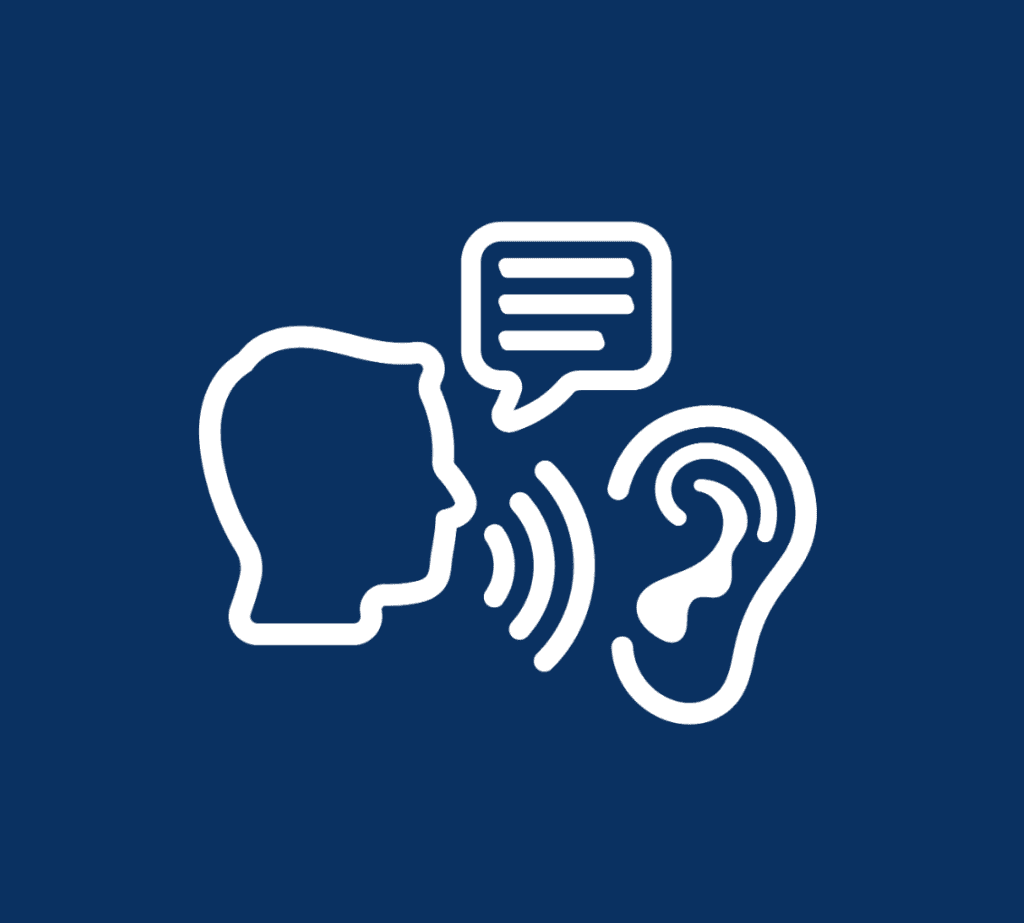
2. Learn the Art of Active Listening
Listening is one of the most powerful tools for suicide prevention. Often, Veterans may be hesitant to share their thoughts, but when they do, it’s important to be fully present.
How to Practice Active Listening:
– Maintain eye contact and avoid distractions.
– Reflect on what they’ve shared to ensure you understand.
– Use empathetic statements like, “That sounds really difficult,” or “I’m here for you.”

3. Create Safe Spaces for Open Conversations
Veterans may not always feel comfortable discussing their mental health openly. It’s important to create environments where they feel safe to express themselves.
– For Communities: Organize support groups or casual social gatherings where Veterans can talk without judgment.
– For Facilities: Encourage staff to maintain an open-door policy and regularly communicate their availability to listen.

4. Know the Warning Signs
Understanding the signs of a Veteran in crisis can make a significant difference. Common warning signs include:
– Withdrawal from social activities or loved ones.
– Sudden mood changes or a noticeable increase in risky behaviors.
– Expressing feelings of hopelessness or being a burden.
– Action Tip: If you notice any of these signs, don’t hesitate to ask, “Are you thinking about hurting yourself?” This direct question can open a door for help.

5. Provide Access to Resources
Veterans and their families should be equipped with information about where to turn for professional help. Whether it’s a helpline, mental health service, or community support group, having access to these resources can save lives.
– Key Resource: The National Veterans Foundation Lifeline for Vets is available 24/7 at 888-777-4443.
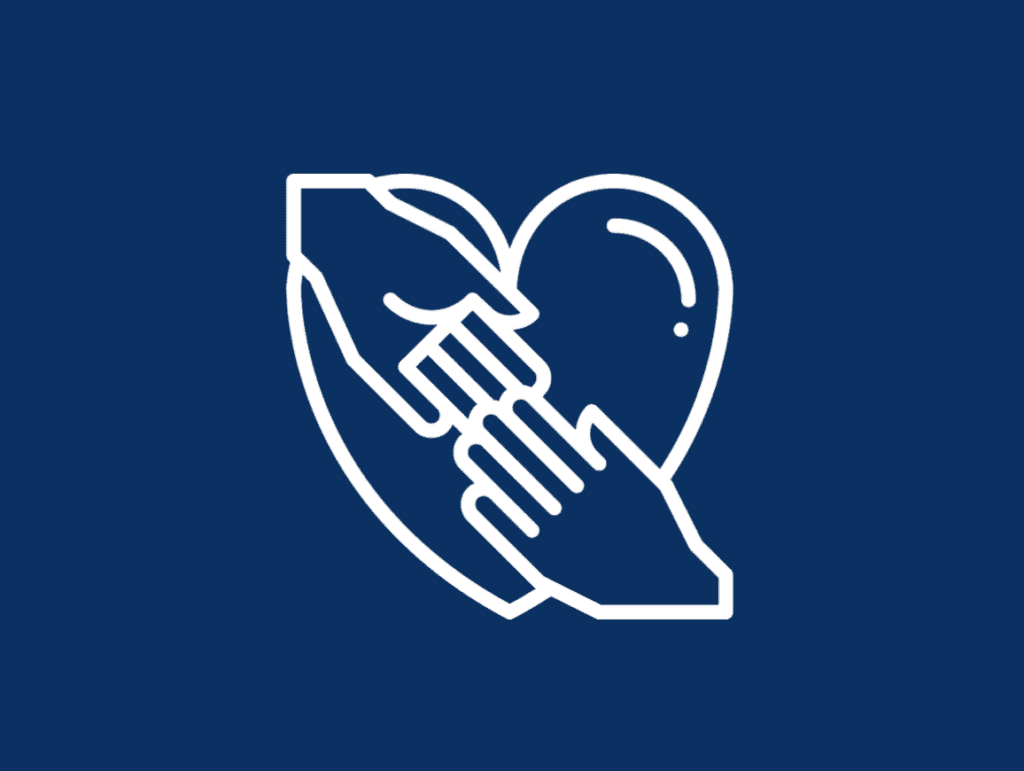
6. Encourage Professional Help
Sometimes, the most supportive thing you can do is guide Veterans toward professional help. Whether it’s a counselor, therapist, or peer support group, encourage them to seek the assistance they need.
– How to Encourage Without Pressuring: You might say, “There are people who can help you navigate this. Have you thought about talking to someone?”
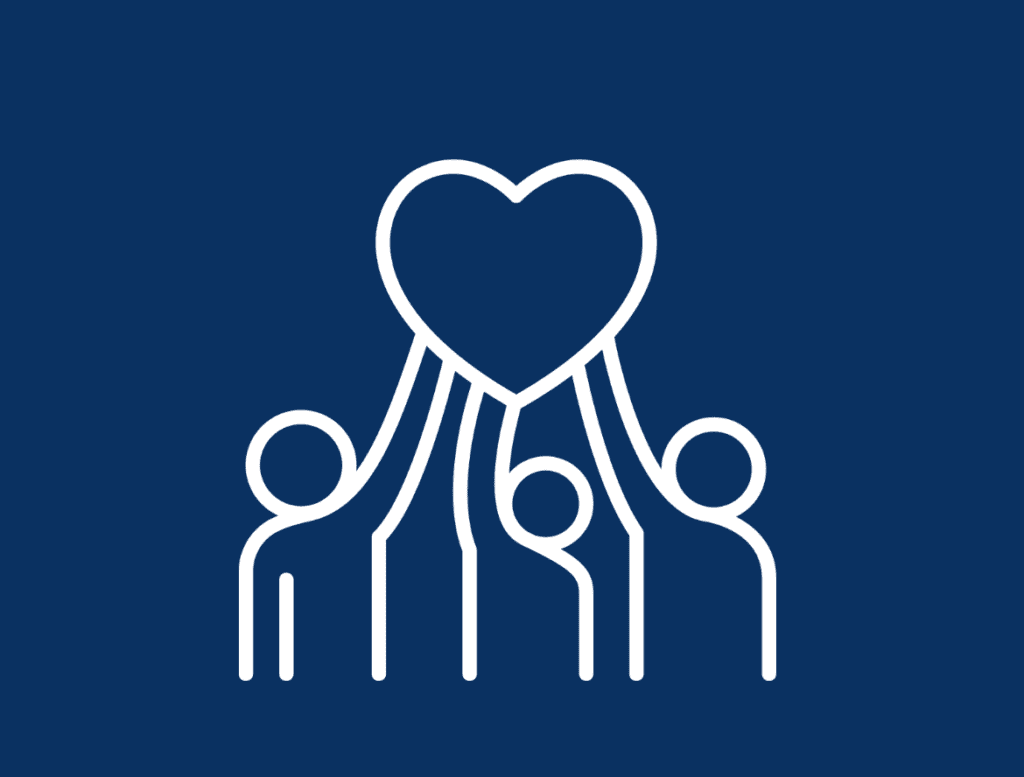
7. Practice Community Self-Care
Supporting Veterans can be emotionally challenging for caregivers and community members. It’s important to practice self-care and take time to recharge so you can continue to provide meaningful support.
– For Facilities: Consider organizing wellness programs for both Veterans and staff to manage stress and emotional fatigue.
Conclusion
Suicide prevention is not just about recognizing warning signs; it’s about fostering an environment of compassion, empathy, and care. Whether through regular check-ins, active listening, or providing access to resources, every small action contributes to a larger community of support.
Together, we can make a lasting impact on the mental health of Veterans and create a stronger, more connected community.
You can be a part of our mission to help Veterans by making a tax-deductible donation!
About the Author
SUBSCRIBE TO OUR BLOG AND NEWS!
By submitting this form, you are granting: NATIONAL VETERANS FOUNDATION INC permission to email you. You may unsubscribe via the link found at the bottom of every email. (See our Email Privacy Policy for details.)
Related Posts



